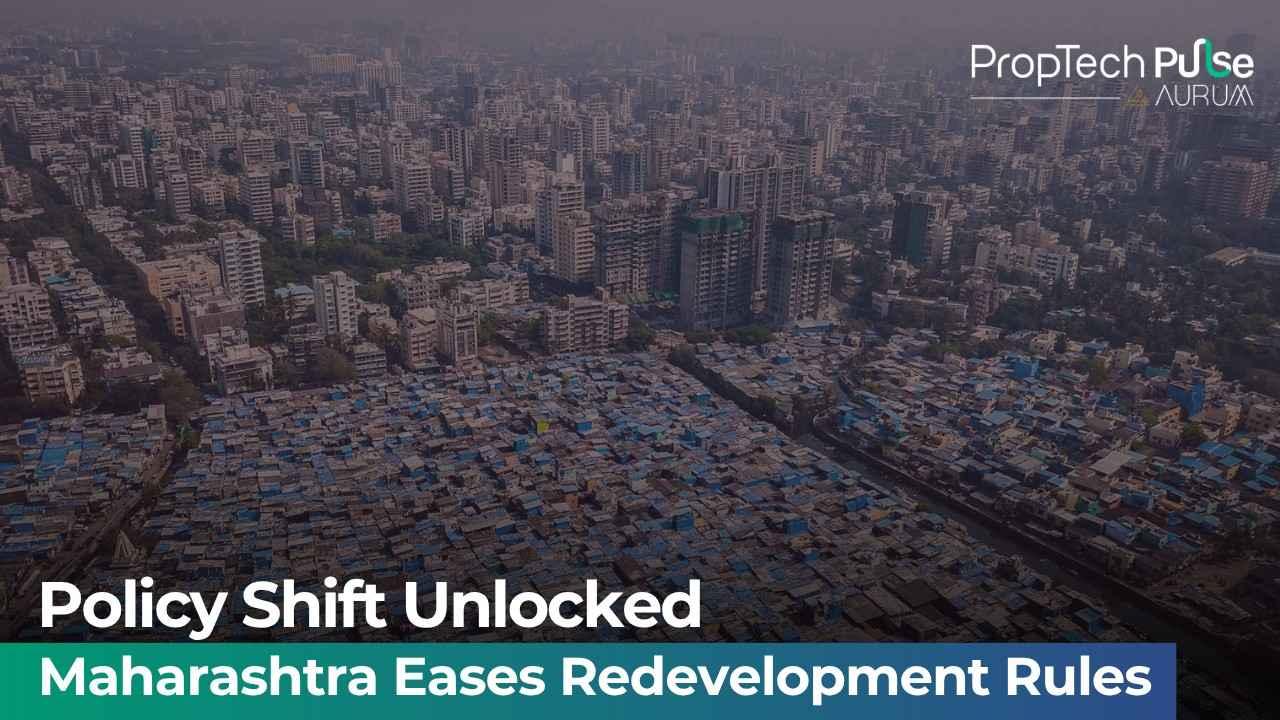
Maharashtra’s Major Policy Shift for Faster Slum Redevelopment
The Maharashtra government has introduced a landmark reform by removing the mandatory consent requirement from slum dwellers for redevelopment projects. This policy aims to streamline the approval pipeline, reduce project delays, and accelerate the long-pending transformation of densely populated slum pockets across the state.
Key Highlights of the New Policy
Under the revised framework, developers can move ahead with proposals once the state authorities approve, marking a major shift from previous norms that required extensive community consent.
- The consent requirement from slum dwellers has been removed.
- Projects can commence with government approval alone.
- Focus on rapid infrastructure upgrades and improved housing conditions.
The objective is to speed up redevelopment in urban clusters such as Mumbai, where land scarcity and dense informal settlements often prolong project timelines.
Why the Policy Was Introduced
With demand for formal housing rising and redevelopment projects facing years of delay due to procedural hurdles, the new policy aims to unlock stalled projects. Officials have indicated that the move is intended to bring uniformity, encourage private developer participation, and address the urban housing deficit more efficiently.
Impact on Slum Dwellers and Developers
While residents are expected to benefit from better-quality homes, essential amenities, and safer living conditions, developers will experience reduced procedural bottlenecks. The real estate sector has broadly welcomed the reform, noting that faster clearances could revive investor sentiment and lead to more redevelopment activity in key city zones.
The Road Ahead
As the new policy takes effect, the government is expected to introduce additional safeguards to ensure transparency and protect the rights of slum residents. If implemented effectively, this reform could reshape the redevelopment landscape across Maharashtra’s urban centres.
Enjoyed this update? Visit PropTech Pulse for more real estate news and market insights.Unlock the Latest in Real Estate
News, Infographics, Blogs & More! Delivered to your inbox.
“Data that drives action. Insight that inspires action. Technology that empowers action.“
“Data that drives action.
Insight that inspires action.
Technology that empowers action.“









